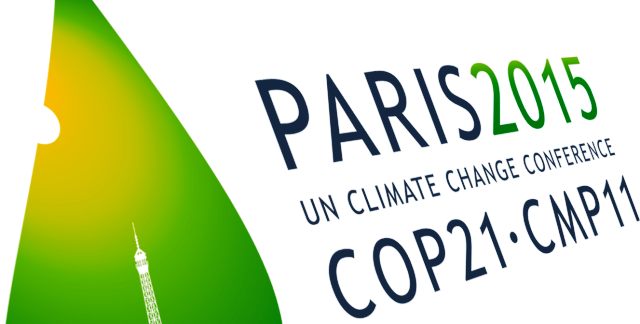NGEC pushes for an engendered climate convention at Paris talks
Nations across the globe are gathering in Paris from November 30th through December 11th to negotiate a new global climate change agreement. The UN Climate Change Conference, also referred to as COP 21, presents a critical platform to establish a balanced, durable agreement strengthening the international climate effort.
The objective of the United Nations Framework Convention on Climate Change (UNFCCC) of 1992 is to stabilize global greenhouse gas emissions to a level that does not pose an environmental risk. The 195 countries that have adopted the Framework Convention mitigate climate change, i.e. they reduce their emissions and adapt to the changes it causes through national measures.
The Kyoto Protocol of 1997 supplements the Framework Convention and contains more specific emission reduction obligations for industrialized countries. In all, 192 countries acceded to the Protocol during the first commitment period (2008–2012). Accession to the second commitment period (2013–2020) is in progress with countries that acceded to the framework agreeing to have a new agreement binding all countries changing the course of climate change.
Kenya is increasingly placing climate change at the core of its poverty reduction strategy. The government appreciates that changing climate poses serious threats to the economic and social future of the country, and consequently to the livelihoods and prosperity of its people. The consequences will affect all sectors, from agriculture and water to health, infrastructure and tourism, and will be felt in all regions. During this period of high economic expansion, Kenya recognizes the need to embark on a path of green growth, rather than locking-in harmful and unsustainable high carbon alternatives.
The National Gender and Equality Commission (NGEC), is among the government delegation that is participating actively in these negotiations. The Commission appreciates that climate change is often framed as a problem that needs mainly technical and economic solutions. However issues of equality and inclusion are entwined with people’s vulnerability to the effects of climate change, and how women and men are affected differently. NGEC believes that understanding this difference will improve commitments and actions taken to reduce vulnerability and combat climate change in the developing world.
NGEC calls for integration of human rights principles in the agreement in order to make it more reflective of and accountable to, the needs of vulnerable and marginalized communities and persons. On this note the Chairperson of the Commission has been actively participating in the negotiations under the spin of gender and human rights aspects. The Commission concern is lack of addressing inequality in policies and programmes relating to climate change either at the national and international levels; lack of participation of women and gender experts in climate-related negotiations and lack of linkage of climate change and gender justice.
The Commission joins the world as it executes its mandate to ensure key development issues such as poverty, adaptation and equity are given a primary role within the overall agreed framework. More importantly, since a number of key strategic decisions on climate change and its policies are reached at different COP meetings, NGEC continues to push that the gender aspects are accorded prime importance to ensure that poor women and men do not become the big losers within the wide range of stakeholders and competing interests. The Commission will thereafter monitor State’s compliance on variant components of the framework addressing the needs of the vulnerable and marginalized communities and persons.


Comments